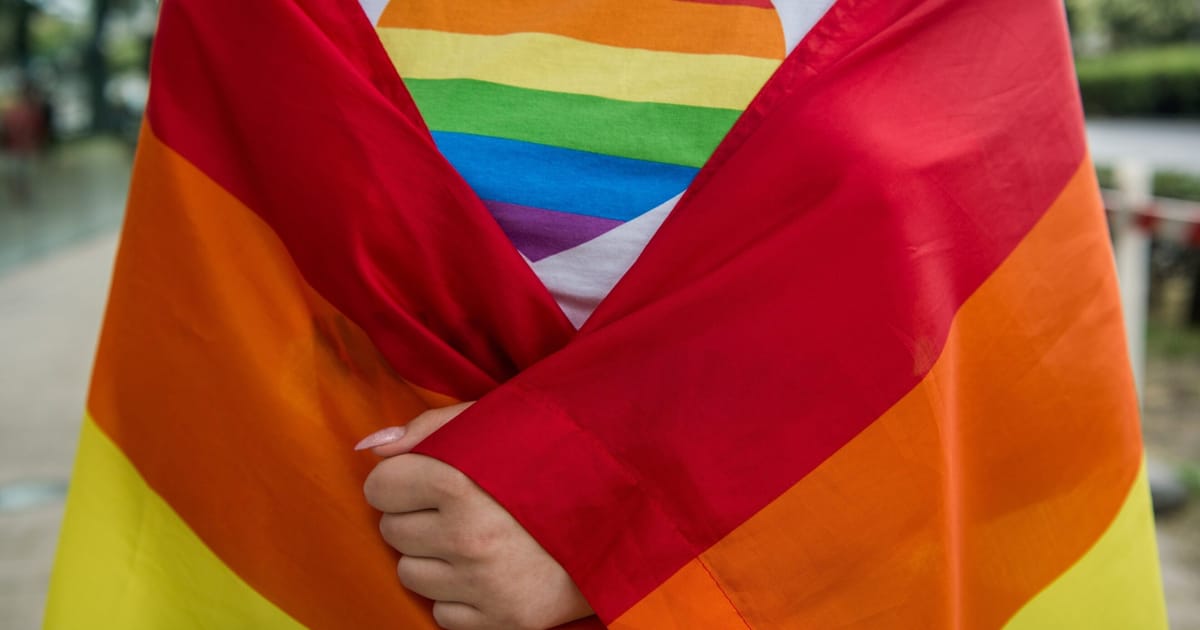

Amidst a series of pivotal global events, individuals and communities are responding with resilience and solidarity in the face of challenges. Recent occurrences in Hungary, Tanzania, and the United States have sparked significant conversations about human rights and personal freedoms.
In Hungary, the atmosphere was charged with determination and unity as tens of thousands of individuals gathered for the Budapest Pride march. This celebration of LGBTQ+ rights unfolded in defiance of a governmental ban instituted by Prime Minister Viktor Orbán. The government’s attempt to restrict peaceful assembly was met with a heartfelt call for collective action by the city’s mayor, encouraging citizens to “come calmly and boldly to stand together for freedom, dignity, and equal rights.” The march, vibrant and peaceful, reflected a deep commitment to sustaining democratic freedoms amidst political tension.
On the same note, Spanish officials have urged the European Commission to take a firmer stand against Orbán’s policies. They accuse the European body of being complicit by not sufficiently addressing the Hungarian government’s actions, which they view as an infringement on individual rights. This call for greater accountability underscores a broader European debate about the role of governance in safeguarding personal liberties.
Shifting to East Africa, the courage of two activists, Boniface Mwangi of Kenya and Agather Atuhaire of Uganda, has shone brightly. These individuals have announced plans to sue the Tanzanian government following their alleged illegal detention and experience of torture while there. Their bold decision to speak out has brought attention to the challenges facing activists in the region, particularly as they work to support opposition voices. Such efforts signal a crucial fight for justice and human dignity, as the activists strive to hold authorities accountable for reported abuses.
Across the Atlantic, in the United States, a Catholic school in New Orleans faces controversy after dismissing a music teacher, Mark Richards. His termination followed the revelation of his same-sex marriage, exposed through his late husband’s obituary. This incident has stirred discussions around inclusivity and the church’s stance on LGBTQ+ issues, highlighting the broader struggle for recognition and respect within educational institutions.
Meanwhile, in the United Kingdom, an investigation is underway following reports of anti-IDF (Israel Defense Forces) chants at the Glastonbury Festival. The event, known for its celebration of music and culture, became a focal point for debate about the boundaries of expression and the sensitivity required in addressing political issues within popular gatherings.
As these stories unfold, they underscore an underlying theme of resilience and the global community’s continuous effort to uphold human rights. From marches advocating freedom in Hungary to activists seeking justice in Tanzania, from workplace inclusivity debates in the U.S. to the delicate navigation of political expression in the UK, these events remind us of the collective drive to foster equity and compassion across diverse landscapes.
Source: {link}
